令和5年度 人工知能研究センター 国際シンポジウム
(同時開催:大川賞受賞講演会)
人間とAIが互いに理解しあえる人工知能の未来像
人工知能研究センターでは、「共進化AI」をキーワードとして、人とAIが協調して問題解決に取り組み、その過程を通じて両者が共に向上していく社会の実現を目指しています。また、「実世界に埋め込まれるAI」も目標として掲げ、これまでインターネット空間で発展してきたAI技術を、ものづくり、医療・介護、創薬、モビリティなど幅広い分野での実世界のサービスに浸透させ、人々のさまざまな活動をより豊かなものにしていくための取り組みを行ってきました。
特に近年、大規模言語モデルに関する研究開発の急速に進展に伴い、日常生活や、企業のDX推進、生産・流通・サービスの効率化、産業現場の生産性向上など、社会基盤としてAI技術の適用範囲が広がっています。一方で、兵器や犯罪への悪用などの個人や社会へ危険を及ぼすリスクも孕んでいます。イノベーションを阻害せずに、かつ安全性を担保できるような実用的な規制も必要です。産業における信頼できるAI技術の継続的な開発と社会への普及を促進するためには、人間とAIが相互に理解を深めていくことが重要です。
この度、AI研究のネットワークを通じて視野を広げ、新たな可能性を見つけるとともに、AIによる未来像を共有しながら先進的・国際的な連携を強化するため、外部有識者を交えて外部への成果発信および意見交換を行う場として国際シンポジウムを開催します。このシンポジウムでは人間中心AIインタラクションや、大規模言語モデル、マルチモーダル基盤モデルなど、将来のAI技術を快適で安全な生活を支援する基盤として展開するために必要な課題とビジョンについて議論いたします。
さらに、今回の国際シンポジウムは大川財団との共催で、2023年度大川賞受賞者のProf. Yoshua Bengio (モントリオール大学 計算機科学・オペレーションズリサーチ学科 教授、Mila-ケベック人工知能研究所 創設者・科学ディレクター)と宮野悟 博士(東京医科歯科大学 特任教授・M&Dデータ科学センター長、東京大学 名誉教授)にご講演いただきます。
参加費は無料ですので、皆さまの積極的なご参加をお待ちしております。
人工知能研究センターでは、「共進化AI」をキーワードとして、人とAIが協調して問題解決に取り組み、その過程を通じて両者が共に向上していく社会の実現を目指しています。また、「実世界に埋め込まれるAI」も目標として掲げ、これまでインターネット空間で発展してきたAI技術を、ものづくり、医療・介護、創薬、モビリティなど幅広い分野での実世界のサービスに浸透させ、人々のさまざまな活動をより豊かなものにしていくための取り組みを行ってきました。
特に近年、大規模言語モデルに関する研究開発の急速に進展に伴い、日常生活や、企業のDX推進、生産・流通・サービスの効率化、産業現場の生産性向上など、社会基盤としてAI技術の適用範囲が広がっています。一方で、兵器や犯罪への悪用などの個人や社会へ危険を及ぼすリスクも孕んでいます。イノベーションを阻害せずに、かつ安全性を担保できるような実用的な規制も必要です。産業における信頼できるAI技術の継続的な開発と社会への普及を促進するためには、人間とAIが相互に理解を深めていくことが重要です。
この度、AI研究のネットワークを通じて視野を広げ、新たな可能性を見つけるとともに、AIによる未来像を共有しながら先進的・国際的な連携を強化するため、外部有識者を交えて外部への成果発信および意見交換を行う場として国際シンポジウムを開催します。このシンポジウムでは人間中心AIインタラクションや、大規模言語モデル、マルチモーダル基盤モデルなど、将来のAI技術を快適で安全な生活を支援する基盤として展開するために必要な課題とビジョンについて議論いたします。
さらに、今回の国際シンポジウムは大川財団との共催で、2023年度大川賞受賞者のProf. Yoshua Bengio (モントリオール大学 計算機科学・オペレーションズリサーチ学科 教授、Mila-ケベック人工知能研究所 創設者・科学ディレクター)と宮野悟 博士(東京医科歯科大学 特任教授・M&Dデータ科学センター長、東京大学 名誉教授)にご講演いただきます。
参加費は無料ですので、皆さまの積極的なご参加をお待ちしております。
1.開催日程・会場
| 開催日時: | 2024年3月8日(金) - 9日(土) |
| 開催場所: | 東京国際交流館 プラザ平成(東京都江東区青海2−2−1) 〔アクセス〕 〔access〕 |
| 主催: | 国立研究開発法人 産業技術総合研究所 情報・人間工学領域 人工知能研究センター |
| 共催: | 公益財団法人 大川情報通信基金 |
全ての講演は、英語で行われます。
3月8日のオープンセミナーのみ、英日同時通訳を予定しています。
All programs will be given in English.
Simultaneous interpretation from English to Japanese is available only on 8th March, 2024.
2.参加申し込み(参加費:無料)
3月8日のオープンセミナーと3月9日のワークショップのオープンセッションへの参加申し込みを受け付けております。
(現地での当日申込はございませんので、必ず事前参加登録をお願いいたします。)
(他の方に参加の機会をお譲りするためにも、参加ができないと分かった場合は早めのキャンセルをお願いします。)
【参加申込(無料)】 受付は終了しました。
【定員】 2024 年3 月8 日(金) : 200 名
2024 年3 月9 日(土) : 100 名
(現地での当日申込はございませんので、必ず事前参加登録をお願いいたします。)
(他の方に参加の機会をお譲りするためにも、参加ができないと分かった場合は早めのキャンセルをお願いします。)
【参加申込(無料)】 受付は終了しました。
【定員】 2024 年3 月8 日(金) : 200 名
2024 年3 月9 日(土) : 100 名
3.セミナープログラム(3月8日)
| 2024/3/8 (Fri) |
Open Seminar: International Conference Hall, 3F (for everyone to be registered) |
|
|---|---|---|
| 9:00 - 9:30 |
Registration |
|
| 9:30 - 9:50 |
Opening |
|
| 9:30 - 9:40 |
Openning Remark Dr. Yasuhiro Katagiri (Director of AIRC) |
|
| 9:40 - 9:45 |
Welcome Address Dr. Yoshio Tanaka (Executive Officer AIST / Director General of Department of Information Technology and Human Factors) |
|
| 9:45 - 9:50 |
Congratulatory Address Mr. Chénier La Salle (Delegate General of Québec Government Office in Tokyo) |
|
| 9:50 - 12:30 |
Future AI (The Okawa Prize Winners' Memorial Lectures) |
|
| 9:50 - 10:00 |
Address of The Okawa Prize Prof. Yuichiro Anzai (Chairman of the Selection Committee of the Okawa Prize) |
|
| 10:00 - 11:00 |
Towards Quantitative Safety Guarantees and AGI Alignment Prof. Yoshua Bengio (University of Montreal / Mila - Quebec Artificial Intelligence Institute, Canada) |
|
| 11:00 - 11:30 |
--Coffee Break☕-- | |
| 11:30 - 12:30 |
Cancer Genomics Accelerated by Supercomputers and AI Prof. Satoru Miyano (M&D Data Science Center, Tokyo Medical and Dental University, Japan) |
|
| 12:30 - 14:00 |
--Lunch time 🍱-- |
|
| 14:00 - 16:00 |
Human-centric AI Interactions | |
| 14:00 - 14:30 |
AI for Molecular Biology Prof. Andreas Dengel (University of Kaiserslautern / DFKI, Germany) |
|
| 14:30 - 15:00 |
A Database Researcher Perspective on Ethical AI for Education Dr. Sihem Amer-Yahia (CNRS / Laboratoire d’Informatique de Grenoble, France) |
|
| 15:00 - 15:30 |
Trustworthy Speech-centric AI Technology Prof. Chi-Chun Lee (National Tsing Hua University, Taiwan) |
|
| 15:30 - 16:00 |
Is it Evil to Build AI Systems that People Love Prof. Justine Cassell (Inria Paris, France, and Carnegie Mellon, USA) |
|
| 16:00 - 16:30 |
--Coffee Break☕-- |
|
| 16:30 - 18:00 |
Generative & Multimodal AI | |
| 16:30 - 17:00 |
Well-being, AI, and You: Developing AI-based Technology to Enhance our Well-being Dr. Alon Halevy (Amazon Web Services, USA) |
|
| 17:00 - 17:30 |
Empowering Humans and Computers Possibilities through AI Dr. Daisuke Okanohara (Preferred Networks Inc., Japan) |
|
| 17:30 - 18:00 |
The New Tech Bubble: Deflating AGI Myths and Legends Prof. David Leslie (ATI, UK) |
|
| 18:00 - 18:15 |
Closing Dr. Junichi Tsujii (Fellow of AIST) |
|
| 18:30 - 20:30 |
Banquet | |
4.ワークショッププログラム(3月9日)
| 2023/3/9 (Sat) |
Open Session: Media Hall, 3F (for everyone to be registered) |
Closed Session: Conference Room, 4F (for only allowed participants) |
|---|---|---|
| 9:30 - 10:00 |
Registration | |
| 10:00 - 12:00 |
AI Safety and Regulations | Bridge (I) : NLP |
| 12:00 - 13:30 |
--Lunch time 🍱 | |
| 13:30 - 15:30 |
Foundation Models | Bridge (II): Service Robotics |
| 15:30 - 16:00 |
--Coffee Break☕-- | |
| 16:00 -18:00 |
AI for Science | Bridge (III): Discussion |
| 18:00 - 20:00 |
Reception | |
AI Safety and Regulations (Moderator: Dr. Roy Sugimura) |
|
|---|---|
| 10:00 - 10:30 |
AI Risk Management (Online) Mrs. Elham Tabassi (NIST ITL, USA) |
| 10:30 - 10:35 |
The AI Act and standardization initiatives (Video message) Dr. Lucilla Sioli (European Commission) |
| 10:35 - 11:05 |
Future Shock: Did the Generative AI Revolution Trigger an International AI Governance Crisis? Prof. David Leslie (ATI, UK) |
| 11:05 - 11:35 |
Ensuring AI Safety: A System-Level Approach to Testing, Transparency, and Accountability Dr. Liming Zhu (CSIRO Data61, Australia) |
| 11:35 - 12:05 |
AI Governance and Safety Prof. Arisa Ema (Tokyo College, The University of Tokyo, Japan) |
Foundation Models (Moderator: Prof. Naoaki Okazaki) |
|
| 13:30 - 14:00 |
LLM-jp: A Cross-Organizational R&D Project of Large Language Models Proficient in Japanese Dr. Sadao Kurohashi (National Institute of Informatics, Japan) |
| 14:00 - 14:30 |
Knowledge Transfer in Text-based Reinforcement Learning with Foundation Models Dr. Haiyan Yin (A*STAR Centre for Frontier AI Research, Singapore) |
| 14:30 - 15:00 |
Data Curation for Multimodal Commonsense Reasoning Prof. Youngjae Yu (Yonsei University, Korea) |
| 15:00 - 15:30 |
Jellyfish: A Large Language Model for Data Preprocessing Dr. Yuyang Dong (NEC, Japan) |
AI for Science (Moderator: Dr. Kentaro Tomii) |
|
| 16:00 - 16:30 |
AI-driven 3D Structure Modeling Methods for Cryo-electron Microscopy Maps Prof. Daisuke Kihara (Purdue University, USA) |
| 16:30 - 17:00 |
Handy Directional Generation of Biological Synthetics with Lazy Experts Dr. Pan Yuangang (A*STAR Centre for Frontier AI Research, Singapore) |
| 17:00 - 17:30 |
De novo molecule generators: current status and new directions Prof. Koji Tsuda (The University of Tokyo, Japan) |
| 17:30 - 18:00 |
Generative Machine Learning for Protein Design Dr. Chenghao Liu (Dreamfold, Canada) |
5.講演者
| Speakers | |
|---|---|
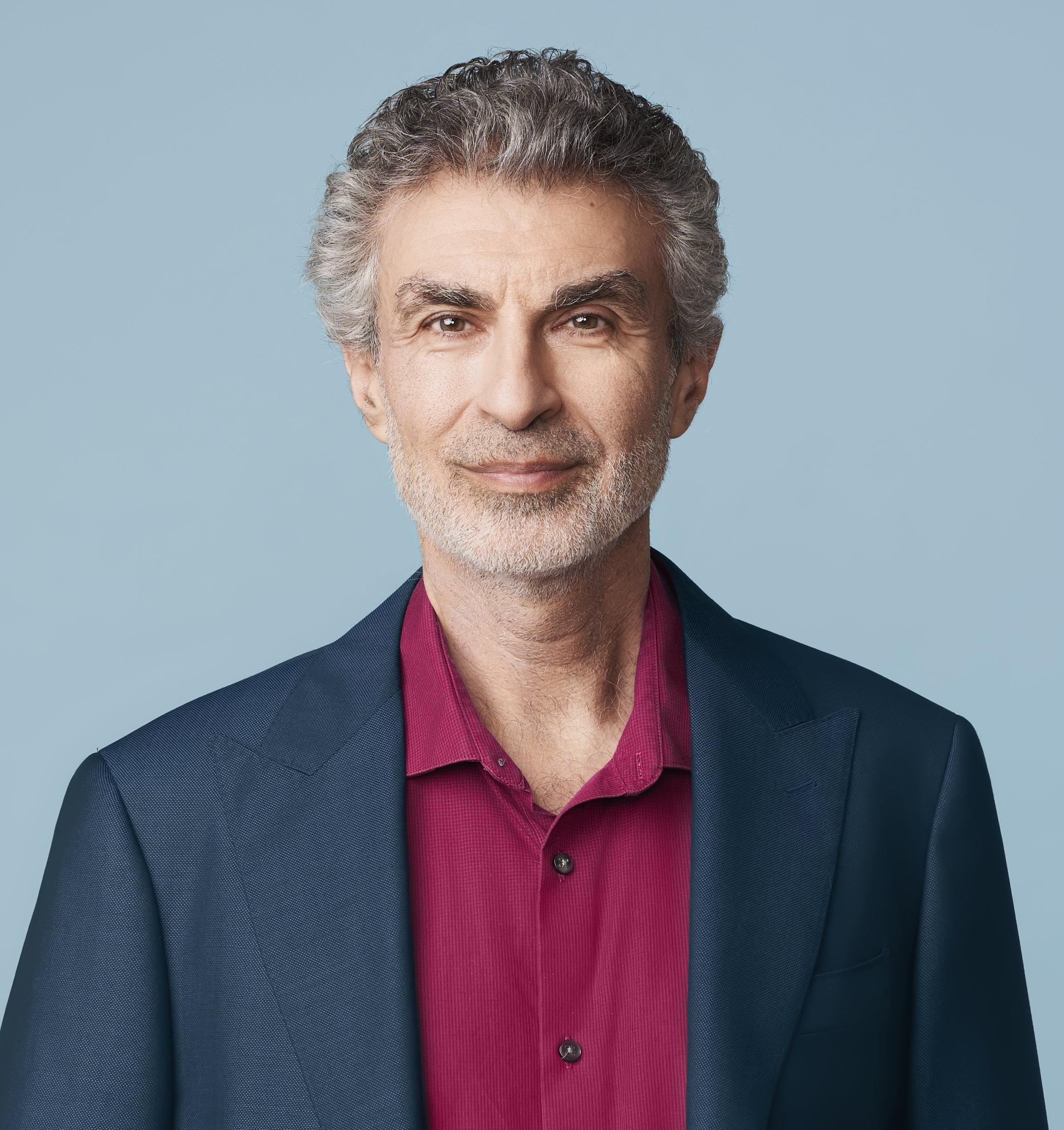 |
Prof. Yoshua Bengio - Full Professor of Computer Science and Operations Research (DIRO), University of Montreal; - Founder and Scientific Director of Mila - Quebec Artificial Intelligence Institute, Canada Yoshua Bengio is Full Professor in the Department of Computer Science and Operations Research at Université de Montreal, as well as the Founder and Scientific Director of Mila and the Scientific Director of IVADO. Considered one of the world’s leaders in artificial intelligence and deep learning, he is the recipient of the 2018 A.M. Turing Award with Geoff Hinton and Yann LeCun, known as the Nobel prize of computing. He is a Fellow of both the Royal Society of London and Canada, an Officer of the Order of Canada, Knight of the Legion of Honor of France, Member of the UN’s Scientific Advisory Board for Independent Advice on Breakthroughs in Science and Technology and a Canada CIFAR AI Chair. Okawa Prize 2023 was awarded for pioneering research and application of fundamental techniques of deep learning in artificial intelligence. |
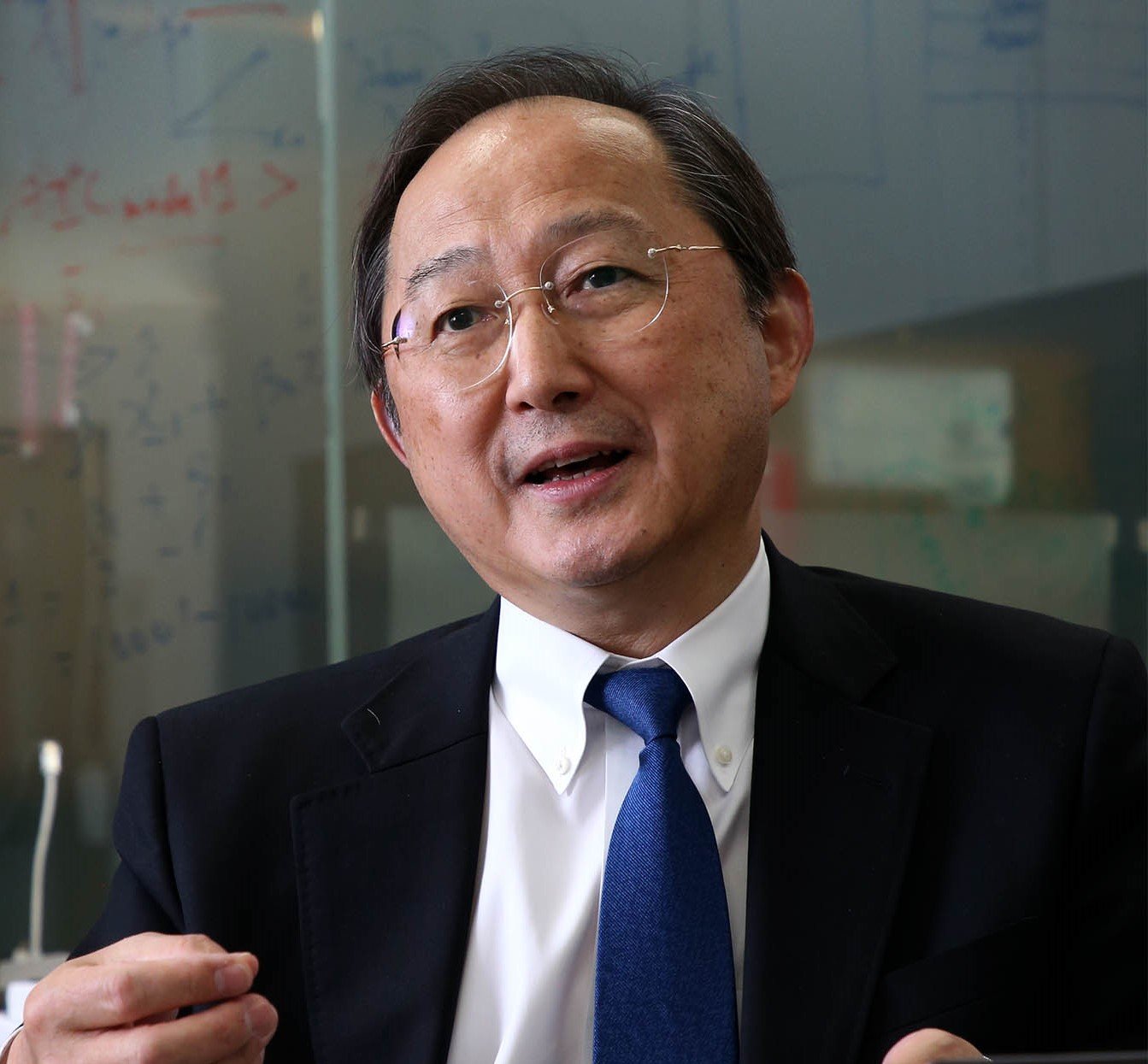 |
Prof. Satoru Miyano
- Specially Appointed Professor and Director of M&D Data Science Center, Tokyo Medical and Dental University, Japan Satoru Miyano, PhD, is the Founding Director of M&D Data Science Center, Tokyo Medical and Dental University in April 2020 after finishing his mission of Director of Human Genome Center, Institute of Medical Science, University of Tokyo. He received the B.S. (1977), M.S. (1979) and PhD (1984), all in Mathematics from Kyushu University. He became a professor at Kyushu University in 1993 and moved to Human Genome Center, Institute of Medical Science, University of Tokyo in 1996. In 2014, The Cabinet Office started an inter-ministry program called “the Strategic Innovation Promotion Program (SIP)”. For this program, Dr. Yusuke Nakamura has drawn a vision of near-future hospital in Society 5.0 harnessed with AI technology named “AI Hospital” (2018-2022). Dr. Miyano has been involved with this AI Hospital Project as a sub-Program Director, and BRiGE project “Post-AI Hospital” (2023). On the other hand, as research, he has been working in the field of Bioinformatics. His developed “Computational Medical Systems Biology towards Genomic Personalized Medicine”, in particular, cancer research and clinical sequence informatics. He led the MEXT Scientific Research on Innovative Areas “Systems Cancer Project”, “Systems Cancer in Neodimension”, the International Cancer Genome Consortium, MEXT Large-Scale Data Analysis with K computer, Post-K Computer “Fugaku” Project, and Program for Promoting Research on the Supercomputer Fugaku. He served as most of the important Bioinformatics/Computational Biology such as Bioinformatics, PLoS Computational Biology, etc. From April 2015, he was appointed to the President of Kanagawa Cancer Center that required “medical doctor’s license” by the rule. However, he is a PhD without the medical license, the Kanagawa Prefecture Assembly changed the rule for this appointment. He then became the first cancer center president in Japan without a medical license. He was awarded a title Fellow of the International Society for Computational Biology in 2013 for his “Distinguished Contributions to the Science of Computational Biology”. He is a member of the MHLW Expert Committee on Promotion of Whole Genome Analysis that is implementing cancer clinical sequence based on whole genomes. He received the 2016 Uehara Memorial Foundation Award for contributions to advancement of cancer genomics and the 2020 Healthy Society Award was given for his pioneering activities on cancer research using supercomputers and AI. Okawa Prize 2023 was awarded for outstanding contributions to advanced cancer research, such as whole-genome sequencing, through the utilization of supercomputers. |
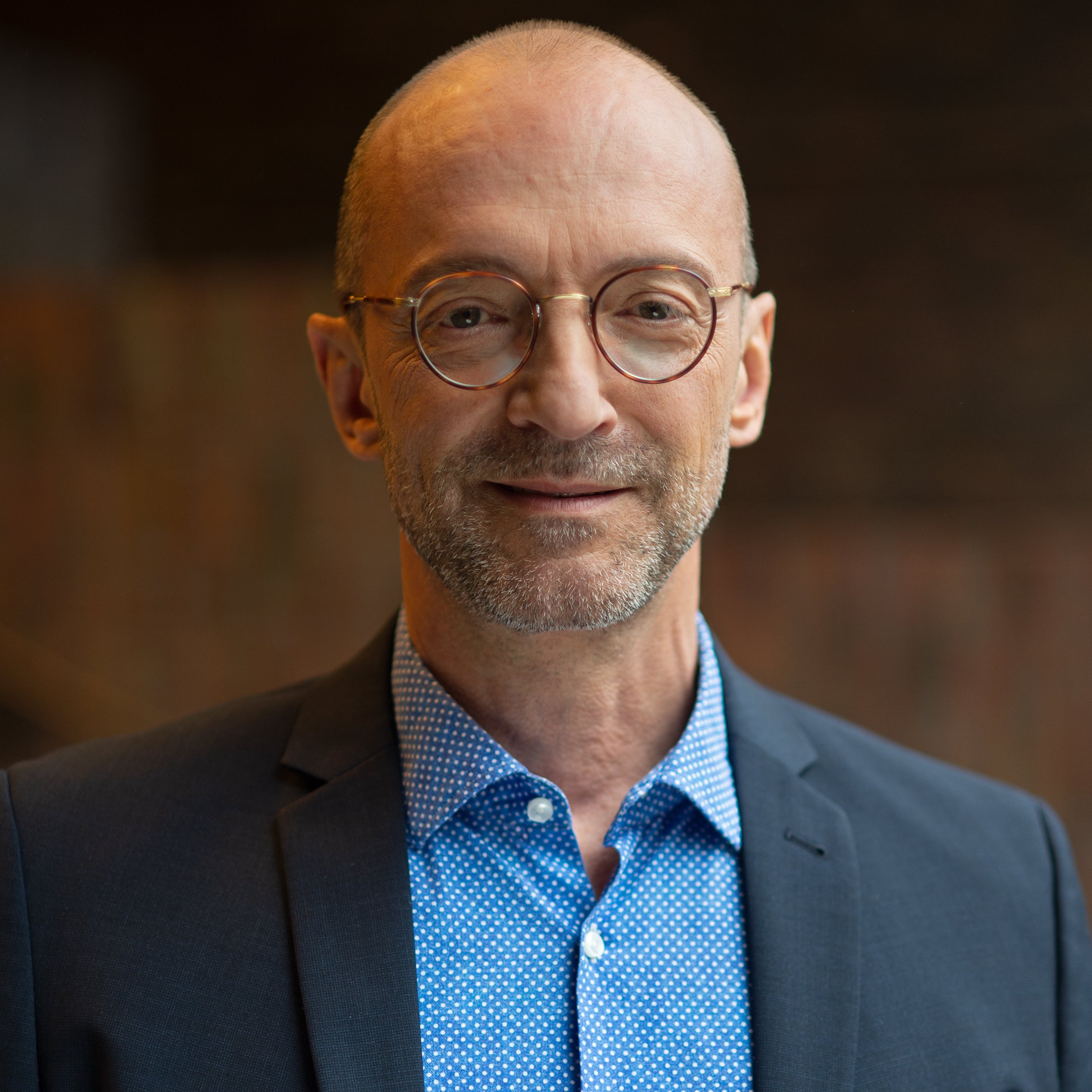 |
Prof. Andreas Dengel - Professor, University of Kaiserslautern; - Executive Director, DFKI, Germany Andreas Dengel is Professor at the Department of Computer Science at RPTU Kaiserslautern-Landau and Executive Director of the German Research Center for Artificial Intelligence (DFKI) in Kaiserslautern as well as Head of the Smart Data & Knowledge Services research department at DFKI. Since 2009, he has also been a professor (kyakuin) at the Department of Computer Science and Intelligent Systems at Osaka Metropolitan University (OMU). At OMU, he was also named "Distinguished Honorary Professor" (tokubetu eiyo kyoju) in March 2018, a distinction received by only five researchers within 135 years. In 2019, on behalf of the Federal Ministry of Education and Research (BMBF), a jury named him as one of the most influential scientists in 50 years of AI history in Germany for his research in the field of document analysis. Furthermore, he is a recipient of the most prestigious Order of Merit of the State of Rhineland-Palatinate and was awarded the oldest Japanese order, the "Order of the Rising Sun, Gold Rays with Neck Ribbon" in the name of His Majesty Emperor Naruhito in 2021. |
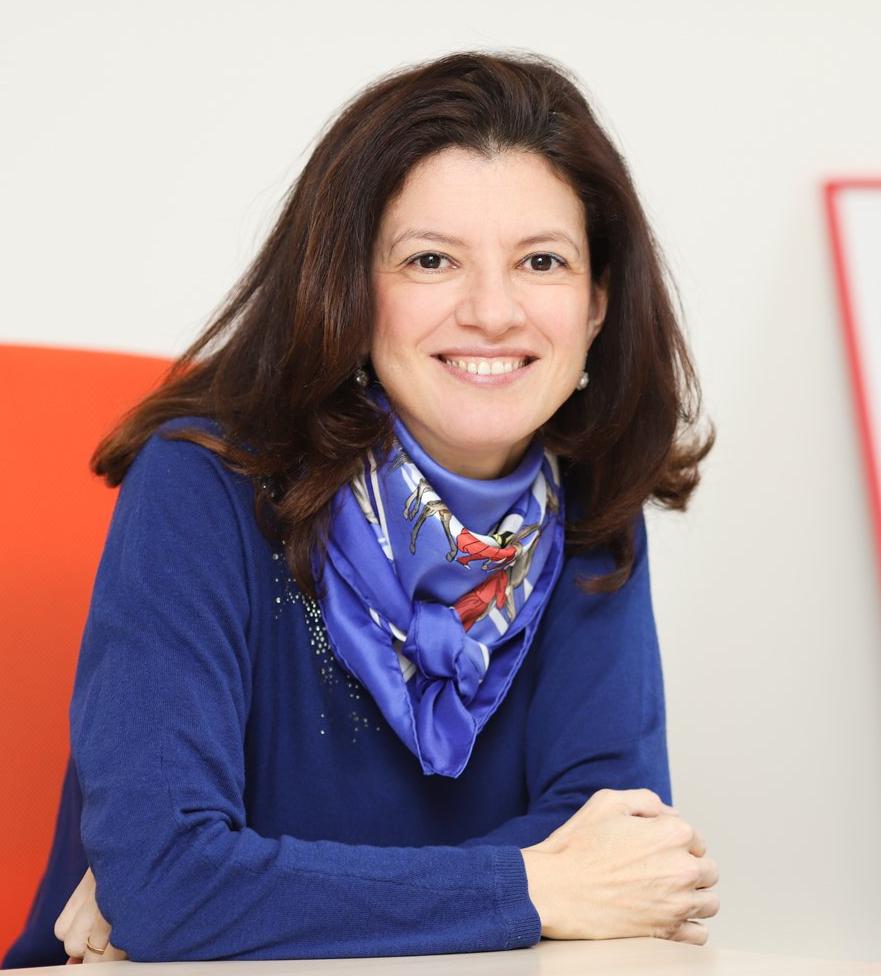 |
Dr. Sihem Amer-Yahia
- Research Director, CNRS; - Deputy Director, Laboratoire d’Informatique de Grenoble, France Sihem Amer-Yahia is a Silver Medal CNRS Research Director and Deputy Director of the Lab of Informatics of Grenoble. She works on exploratory data analysis and algorithmic upskilling. Sihem worked as Principal Scientist at QCRI, Senior Scientist at Yahoo! Research and Member of Technical Staff at at&t Labs. Sihem served as PC chair for SIGMOD 2023 and was the initiator and coordinator of the Diversity, Equity and Inclusion initiative for the database community. Sihem Amer-Yahia is the recipient of the 2024 IEEE TCDE Impact Award For contributions to laying the interdisciplinary data engineering foundations of social computing and crowdsourcing. |
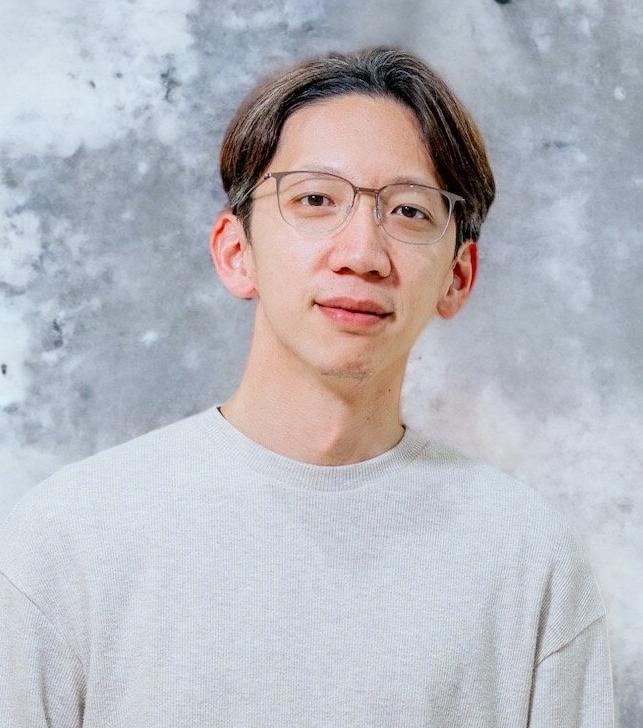 |
Prof. Chi-Chun Lee (Jeremy) - Professor, National Tsing Hua University; - Deputy Director, NTHU-NVIDIA Joint Innovation Center, Taiwan Jeremy is a Professor at the Department of Electrical Engineering with joint appointments at the Institute of Communication Engineering, College of Semiconductor Research, Biomedical AI and Precision Medicine PhD program of the National Tsing Hua University (NTHU), Taiwan. He is also jointly appointed as a Research Fellow of the Research Center for Information Technology Innovation (CITI) at Academia Sinica, Taiwan. His research is in human-centered AI analytics with focus on areas of speech and language, affective computing, health analytics, and multimodal behaviors. He is the recipient of the Foundation of Outstanding Scholar's Young Innovator Award (2020), the CIEE Outstanding Young Electrical Engineer Award (2020), the IICM K. T. Li Young Researcher Award (2020), the NTHU Industry Collaboration Excellence Award (2021, 2023), the NTHU Outstanding Industry-University Research Award (2023), the NSTC Futuretek Breakthrough Award (2018, 2019). He is the PI for the NSTC AI Innovation Grant and the NSTC Outstanding Young Researcher Grant. He is an IEEE senior member and is an associate editor for the IEEE Transaction on Affective Computing, the IEEE Transaction on Multimedia, the Journal of Computer Speech and Language, and APSIPA Transactions on Signal and Information Processing. He served as a general chair for IEEE ASRU 2023 and an area chair for INTERSPEECH 2016, 2018, 2019. His lab has been featured broadly in public media, such as in Discovery, Scientific America, Business Today, Technews, Digitimes, and major news outlets in Taiwan. |
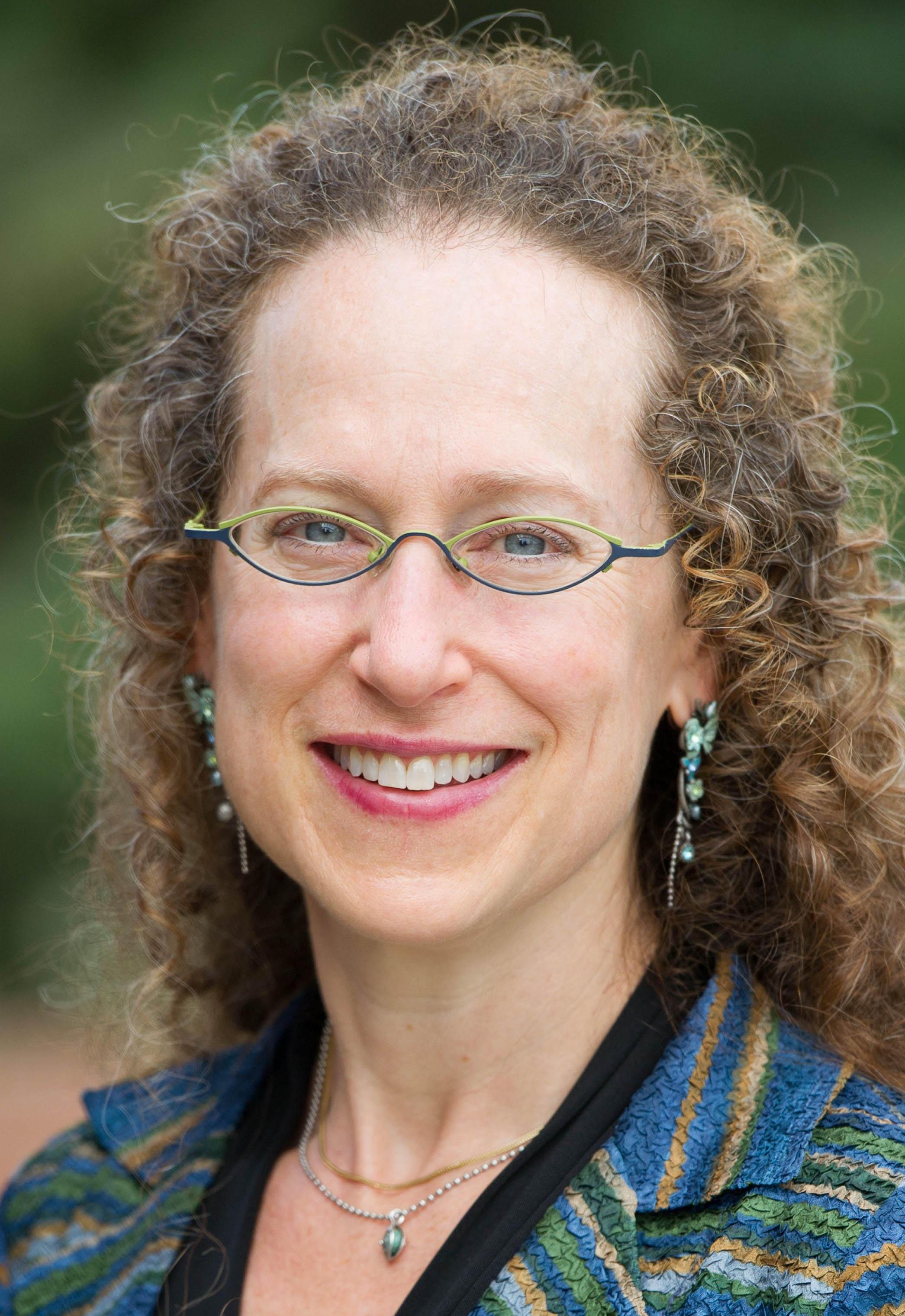 |
Prof. Justine Cassell - Director of Research, Inria Paris, France; - Professor, Carnegie Mellon University, USA Justine Cassell is jointly appointed as Dean's Professor of Computer Science at Carnegie Mellon University, and Senior Researcher at Inria Paris. Previously Cassell was faculty at Northwestern University where she founded the Technology and Social Behavior Research Center, and before that she was a tenured professor at the MIT Media Lab. Cassell has received the MIT Edgerton Prize, Anita Borg Institute Women of Vision award, the AAMAS Test of Time paper award, and the National Academy of Sciences Henry and Bryna David Prize. She is a fellow of the AAAS, the Royal Academy of Scotland, and the ACM. She holds an honorary doctorate from Edinburgh University. In January 2024 she spoke about AI at the World Economic Forum in Davos for the 9th time. Cassell is a co-founder of EqualAI, a non-profit working on reducing bias in AI by leading the movement for innovative, responsible, and inclusive artificial intelligence. |
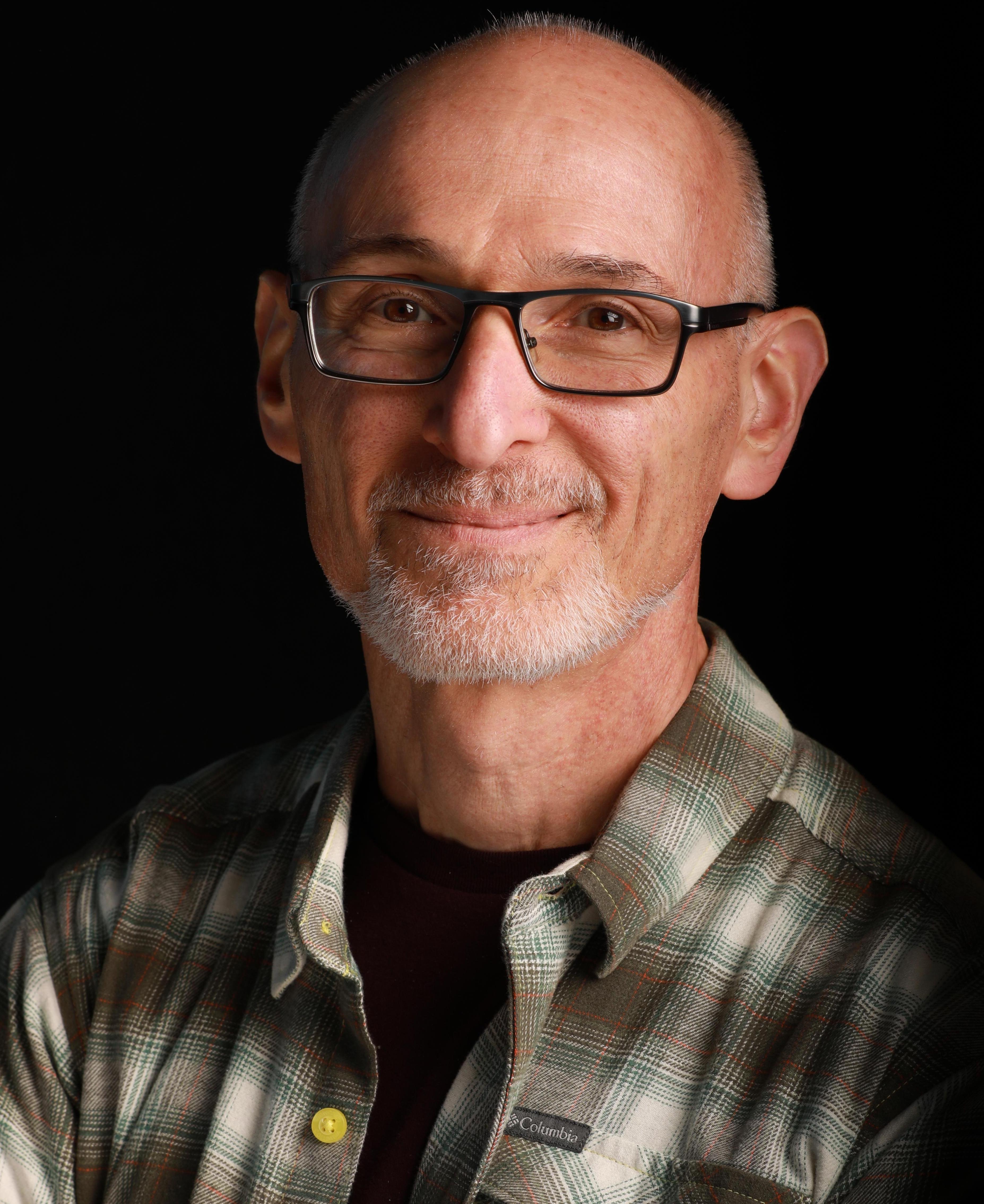 |
Dr. Alon Halevy - Senior Principal Applied Scientist, AWS, USA Alon Halevy is a senior principal scientist at Amazon Web Services. From 2019 until November, 2023, he was a director at Meta’s Reality Labs Research, where he worked on Personal Digital Data, the combination of neural and symbolic techniques for data management and on Human Value Alignment. Prior to Meta, Alon was the CEO of Megagon Labs (2015-2018) and led the Structured Data Group at Google Research (2005-2015), where the team developed WebTables and Google Fusion Tables. From 1998 to 2005 he was a professor at the University of Washington, where he founded the database group. Alon is a founder of two startups, Nimble Technology and Transformic (acquired by Google in 2005). Alon co-authored two books: The Infinite Emotions of Coffee and Principles of Data Integration. In 2021 he received the Edgar F. Codd SIGMOD Innovations Award. Alon is a Fellow of the ACM and a recipient of the PECASE award and Sloan Fellowship. Together with his co-authors, he received VLDB 10-year best paper awards for the 2008 paper on WebTables and for the 1996 paper on the Information Manifold data integration system. |
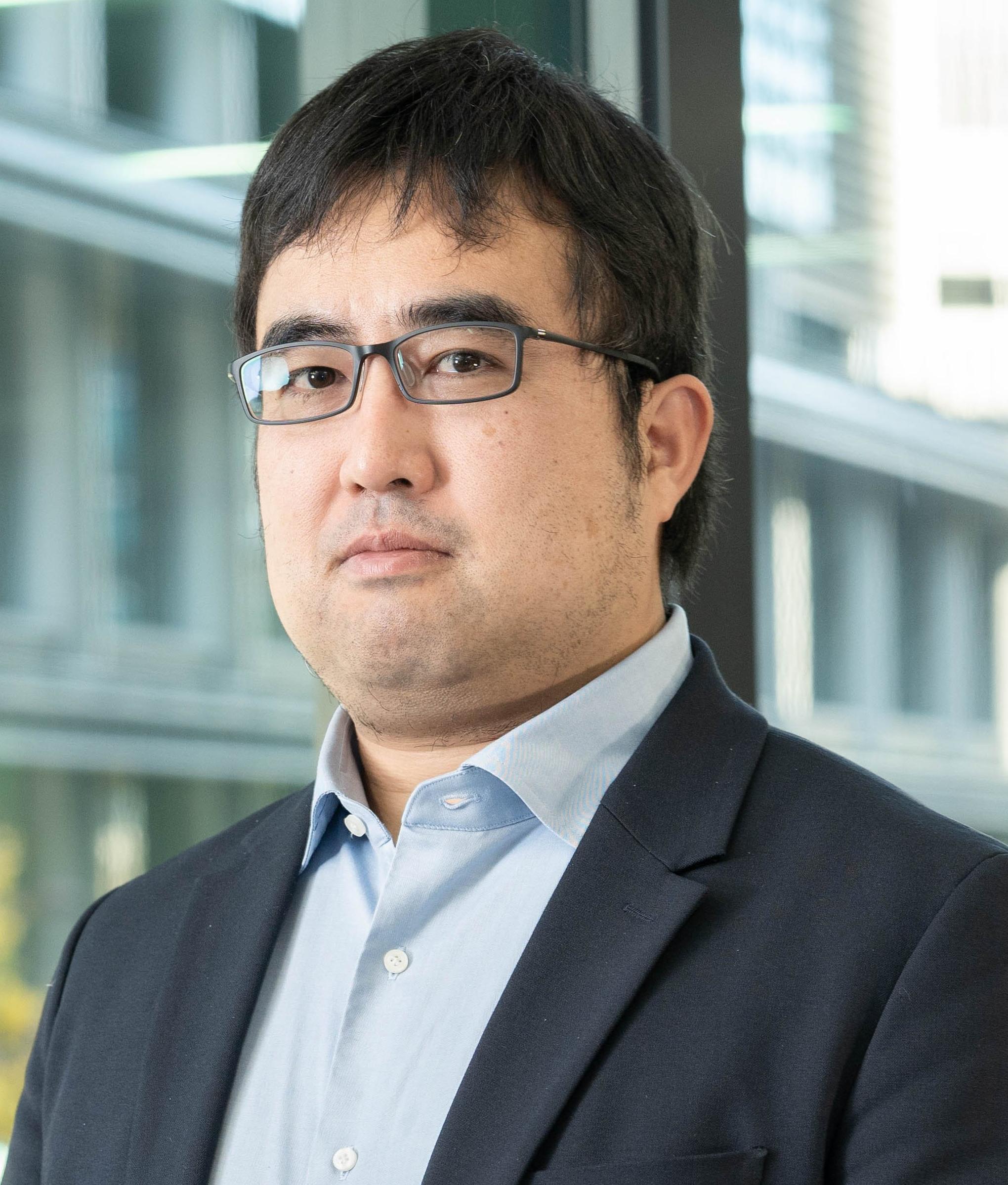 |
Dr. Daisuke Okanohara - Co-Founder and Chief Executive Researcher, Preferred Networks, Inc. ; - Chief Executive Officer, Preferred Computational Chemistry, Inc. ; - Chief Executive Officer, Preferred Elements, Inc., Japan Daisuke Okanohara is a co-founder and Chief Research Officer of Preferred Networks (PFN). He currently leads PFN’s research projects in deep learning and practical applications of the technology. Daisuke also serves as Chief Executive Officer of Preferred Computational Chemistry (PFCC), a joint venture between PFN and ENEOS Corporation founded in 2021 for the sales of Matlantis™, a deep learning-based universal atomistic simulator for materials discovery. He is also the CEO of Preferred Elements, a PFN subsidiary focused on development of multimodal foundation models. Daisuke co-founded PFN’s predecessor Preferred Infrastructure with Toru Nishikawa, the other PFN co-founder, when he was a graduate student in 2006. He obtained his Ph.D. in Computer Science from the University of Tokyo in 2010. He has authored and co-authored several books in Japan on AI, deep learning and diffusion models. |
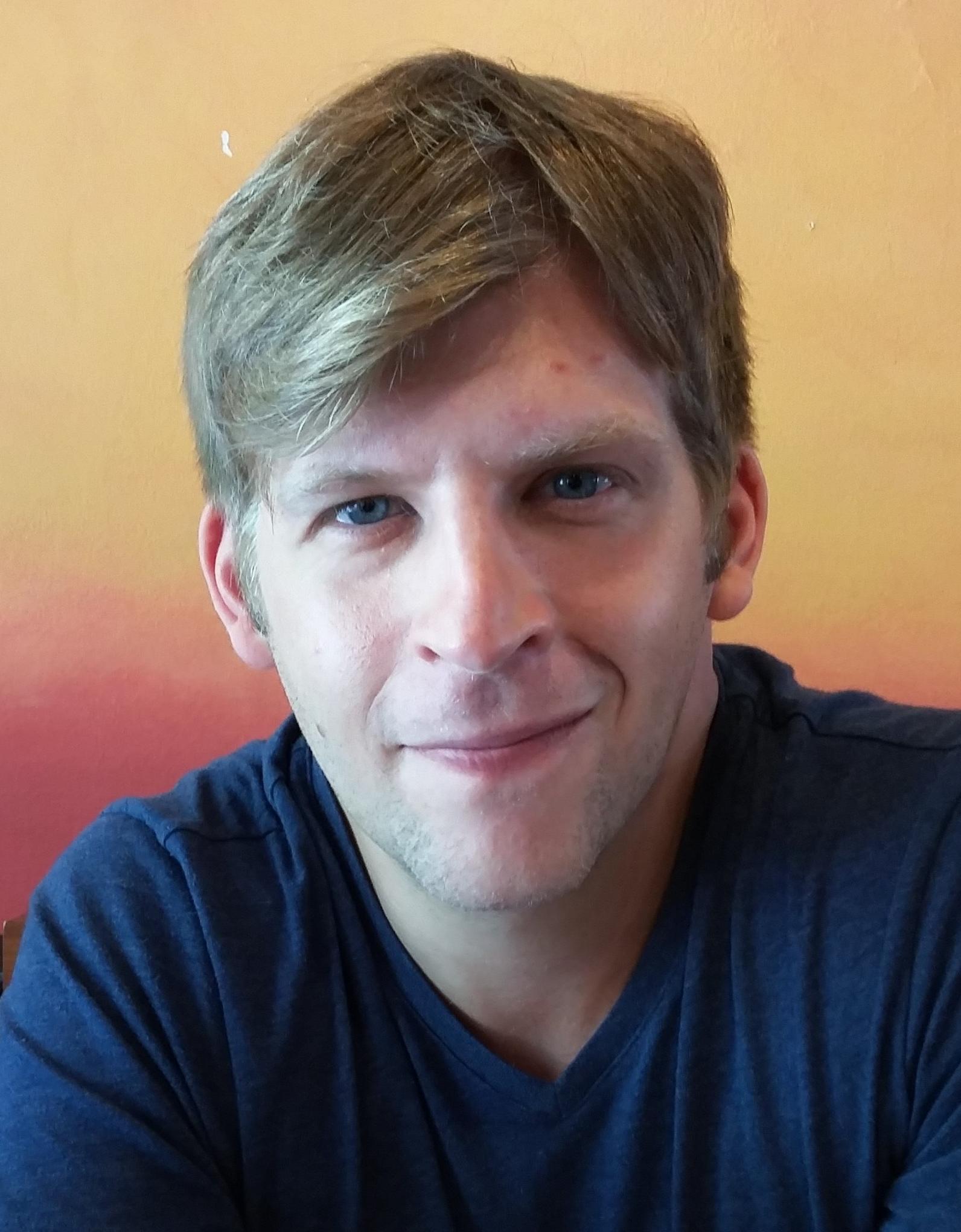 |
Prof. David Leslie - Director of Ethics and Responsible Innovation Research, ATI, UK David Leslie is the Director of Ethics and Responsible Innovation Research at The Alan Turing Institute and Professor of Ethics, Technology and Society at Queen Mary University of London. He previously taught at Princeton’s University Center for Human Values, Yale’s programme in Ethics, Politics and Economics and at Harvard’s Committee on Degrees in Social Studies, where he received over a dozen teaching awards including the 2014 Stanley Hoffman Prize for Teaching Excellence. David is the author of the UK Government’s official guidance on the responsible design and implementation of AI systems in the public sector, Understanding artificial intelligence ethics and safety (2019) and a principal co-author of Explaining decisions made with AI (2020), a co-badged guidance on AI explainability published by the UK’s Information Commissioner’s Office and The Alan Turing Institute. After serving as an elected member of the Bureau of the Council of Europe’s (CoE) Ad Hoc Committee on Artificial Intelligence (CAHAI) (2021-2022), he was appointed, in 2022, as Specialist Advisor to the CoE’s Committee on AI where he has led the writing of the zero draft of its Human Rights, Democracy and the Rule of Law Impact Assessment for AI, which will accompany its forthcoming AI Convention. He also serves on UNESCO’s High-Level Expert Group steering the implementation of its Recommendation on the Ethics of Artificial Intelligence. David’s recent publications include ‘Does the sun rise for ChatGPT? Scientific discovery in the age of generative AI’ published in the journal AI & Ethics, ‘The Ethics of Computational Social Science’, (2023) written for the European Commission Joint Research Centre/Centre for Advanced Studies, ‘Artificial intelligence and the heritage of democratic equity’ (2022) published by The Venice Commission of the Council of Europe, the HDSR articles “Tackling COVID-19 through responsible AI innovation: Five steps in the right direction” (2020) and “The arc of the data scientific universe” (2021) as well as Understanding bias in facial recognition technologies (2020), an explainer published to support a BBC investigative journalism piece that won the 2021 Royal Statistical Society Award for Excellence in Investigative Journalism. |
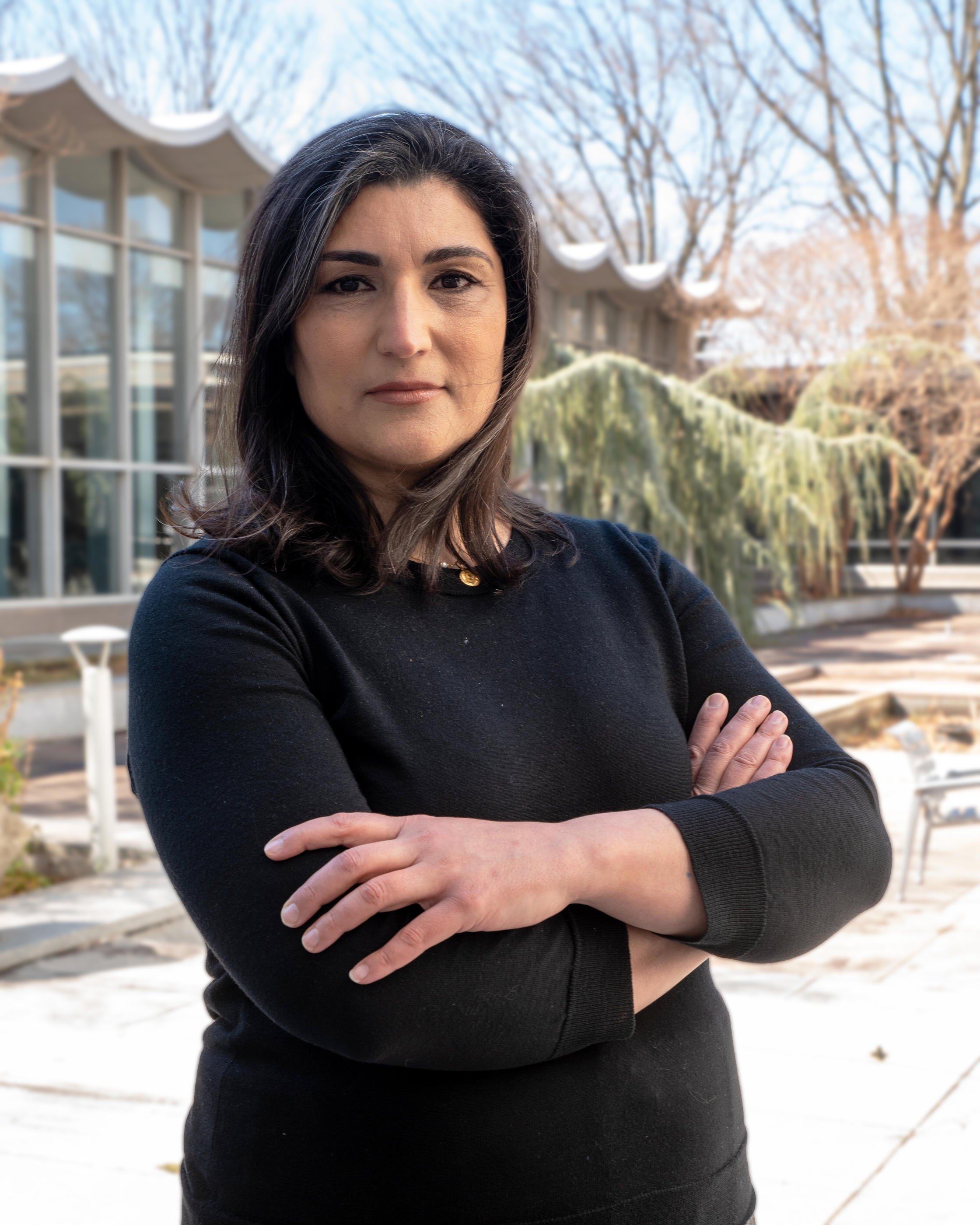 |
Mrs. Elham Tabassi - Associate Director of ITL, NIST, USA In addition to serving as NIST Chief AI Advisor, Elham serves as Associate Director for Emerging Technologies in NIST’s Information Technology Laboratory (ITL) and leads NIST’s Trustworthy and Responsible AI program that aims to cultivate trust in the design, development, and use of AI technologies by improving AI measurement science and standards. She has been working on various machine learning and computer vision research projects with applications in biometrics evaluation and standards since she joined NIST in 1999. Tabassi is the principal architect of NIST Fingerprint Image Quality (NFIQ), an international standard for measuring fingerprint image quality which has been deployed in many large scale biometric applications worldwide. Among her other roles at NIST, Tabassi has served as ITL Chief of Staff. She is a member of the National AI Resource Research Task Force, the US Government’s AI Standards Coordinator, a senior member of IEEE, and a fellow of Washington Academy of Sciences. In September 2023, Tabassi was named by TIME magazine as one of the "100 Most Influential People in AI." |
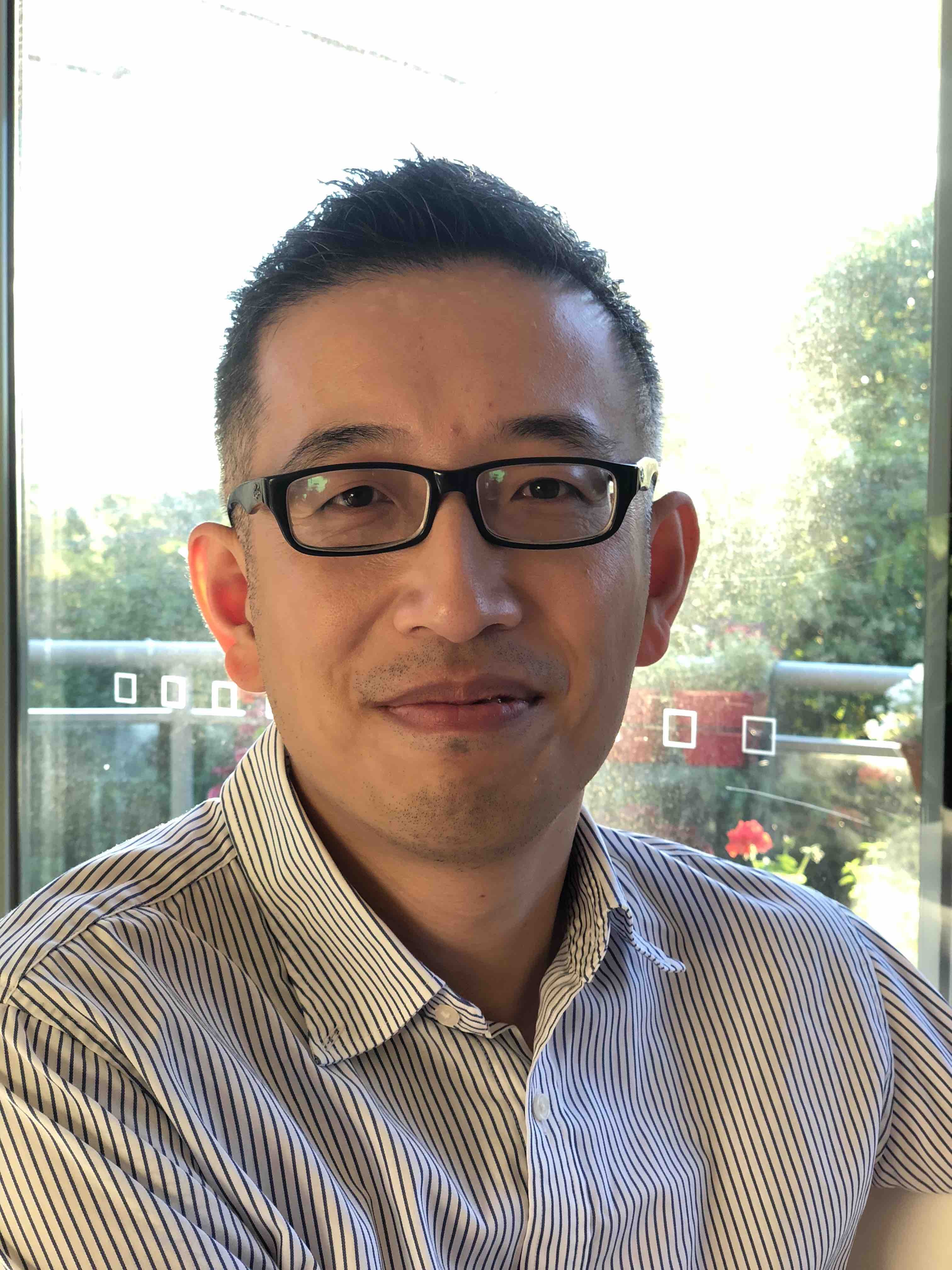 |
Dr. Liming Zhu - Research Director of Data61, CSIRO, Australia Dr/Prof Liming Zhu is a Research Director at CSIRO’s Data61 and a conjoint full professor at the University of New South Wales (UNSW). He is the chairperson of Standards Australia’s blockchain committee and contributes to the AI trustworthiness committee. He is a member of the OECD.AI expert group on AI Risks and Accountability, as well as a member of the Responsible AI at Scale think tank at Australia’s National AI Centre. His research program innovates in the areas of AI/ML systems, responsible/ethical AI, software engineering, blockchain, regulation technology, quantum software, privacy and cybersecurity. He has published over 300 papers on software architecture, blockchain, governance and responsible AI. He delivered the keynote “Software Engineering as the Linchpin of Responsible AI” at the International Conference on Software Engineering (ICSE) 2023. His two upcoming books “Responsible AI: Best Practices for Creating Trustworthy AI Systems” and “Engineering AI Systems: DevOps and Architecture Approaches”, will be published by Addison Wesley in 2024. |
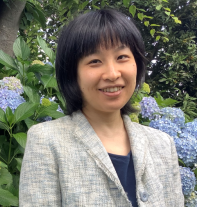 |
Prof. Arisa Ema
- Associate Professor of Tokyo College, The University of Tokyo, Japan Arisa Ema is an Associate Professor at the University of Tokyo and Visiting Researcher at RIKEN Center for Advanced Intelligence Project in Japan. She is a researcher in Science and Technology Studies (STS), and her primary interest is to investigate the benefits and risks of artificial intelligence by organizing an interdisciplinary research group. She is a board member of the Japan Deep Learning Association (JDLA). She is also a member of the Council for Social Principles of Human-centric AI, The Cabinet Office, which released “Social Principles of Human-Centric AI” in 2019, and also a member of the Japanese government's AI Strategy Council launched in May 2023. Internationally, she is an expert member of the working group on the Future of Work, GPAI (Global Partnership on AI). She is an elected member of the UN Secretary General's Advisory Body on Artificial Intelligence. She obtained a Ph.D. from the University of Tokyo. The University of Tokyo Excellent Young Researcher, 2021. |
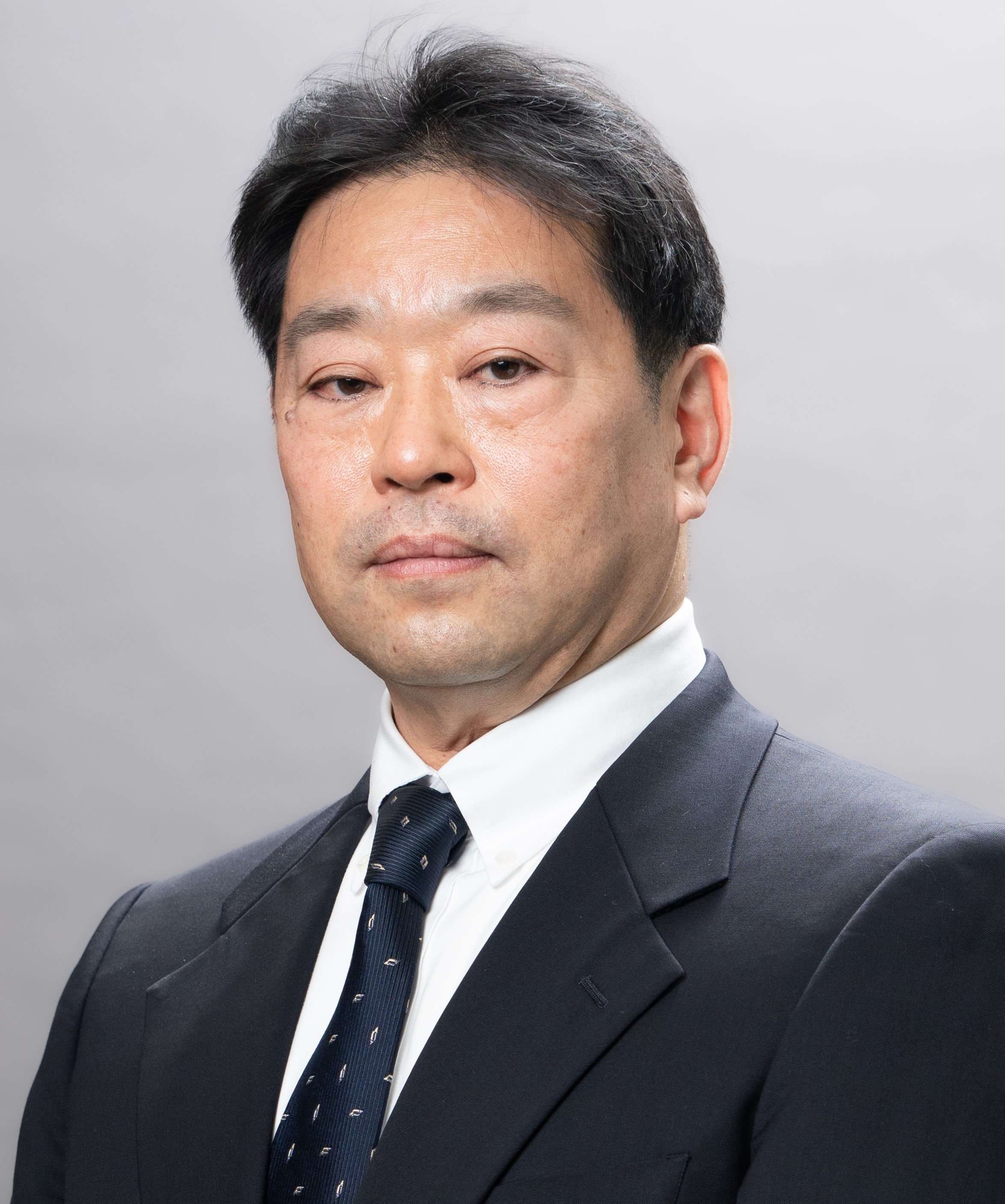 |
Dr. Sadao Kurohashi
- Director-general, National Institute of Informatics; - Specially Appointed Professor of the Graduate School of Informatics, Kyoto University, Japan Sadao Kurohashi received a PhD in Electrical Engineering from Kyoto University in 1994. He is currently the director-general of the National Institute of Informatics, Japan, and a specially appointed professor of the Graduate School of Informatics at Kyoto University. His research interests include natural language processing, knowledge infrastructure, and open science. He received the 10th and 20th anniversary best paper awards from Journal of Natural Language Processing in 2004 and 2014 respectively, 2009 IBM faculty award, and 2010 NTT DOCOMO mobile science award, and 2017 Commendation for Science and Technology by the Minister of Education. |
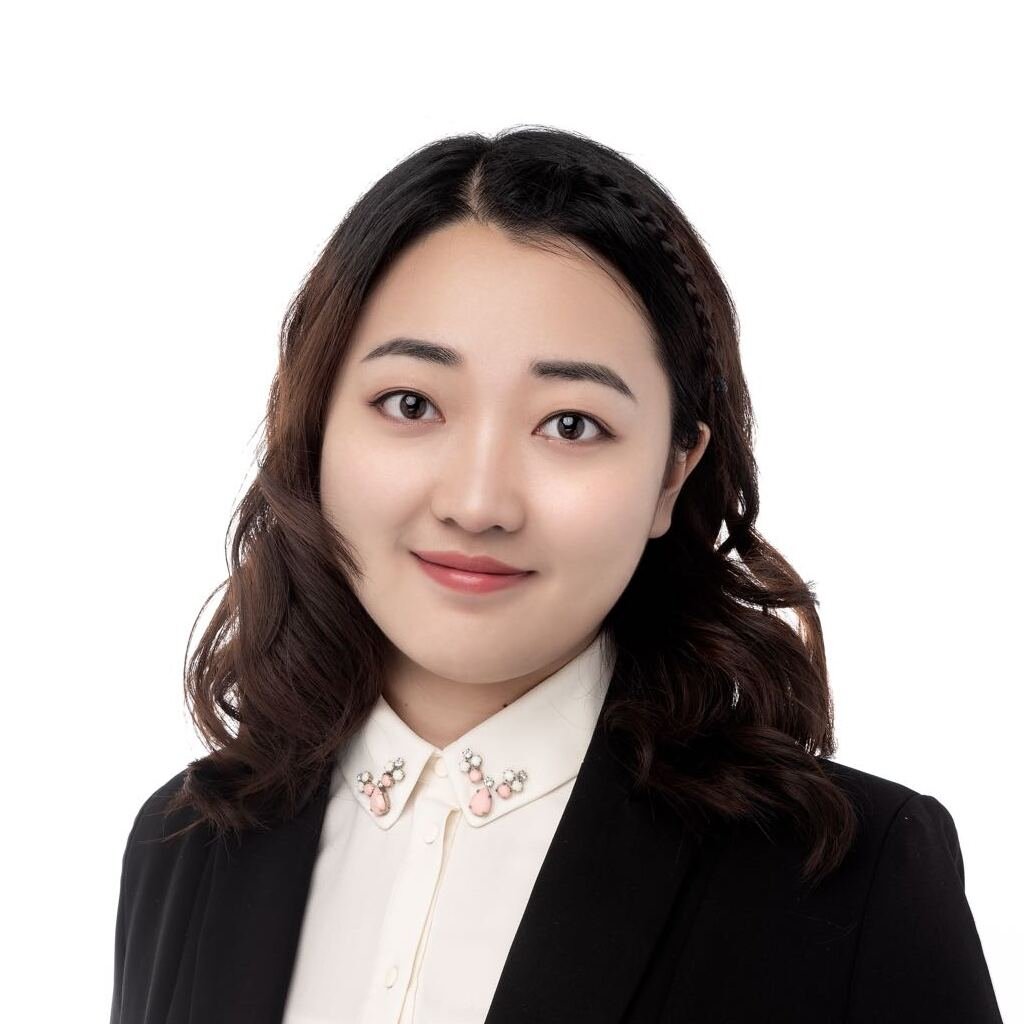 |
Dr. Haiyan Yin - Senior Research Scientist of Centre for Frontier AI Research (CFAR), A*STAR, Singapore) Haiyan Yin is a currently Senior Research Scientist at the Center for Frontier AI Research (CFAR) under the Agency for Science, Technology and Research (A*STAR) in Singapore. Prior to joining A*STAR, she served as a Research Scientist at Sea AI Lab, Singapore and as a Machine Learning Researcher at Baidu Research USA. Dr. Yin received her B.Eng (2014) and Ph.D. (2020) degrees from the School of Computer Science and Engineering at Nanyang Technological University (NTU). Her research interests focus on reinforcement learning, meta learning, transfer learning, generative models and NLP. |
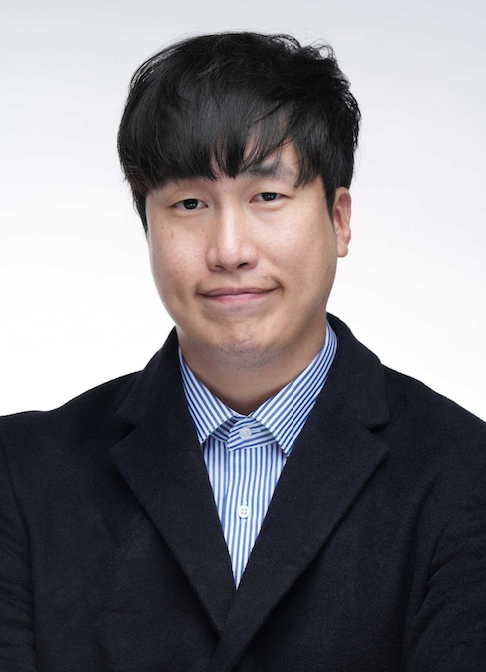 |
Prof. Youngjae Yu - Assistant Professor, Yonsei University, Korea Youngjae Yu is an Assistant Professor of Artificial Intelligence at Yonsei University, working on computer vision, natural language processing and multimodal learning. Before joining Yonsei, he was a researcher at Allen Institute for AI (AI2). He received his Ph.D., B.S. in Computer Science and Engineering from the Seoul National University. His research interest includes video understanding and large language models, especially in large-scale video dataset curation for multimodal foundation models. Yu's research has been recognized through the Best paper award (NAACL 2022), Outstanding paper award (EMNLP 2023). |
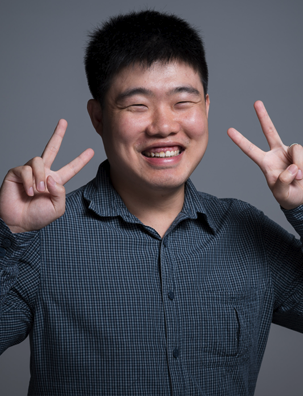 |
Dr. Yuyang Dong - Researcher, NEC, Japan Yuyang Dong is a special researcher at the data science research lab, NEC, Japan. He earned his Ph.D. from the Graduate School of Systems and Information Engineering, University of Tsukuba, in 2019. His research interests lie in the intersections between databases, NLP, and LLM. He has published many papers in these areas, including in top venues such as ICDE, VLDB, and SIGIR. He is the recipient of the Database Society of Japan Kambayashi Young Researcher Award 2021. He is also a core member of the building NEC LLM. |
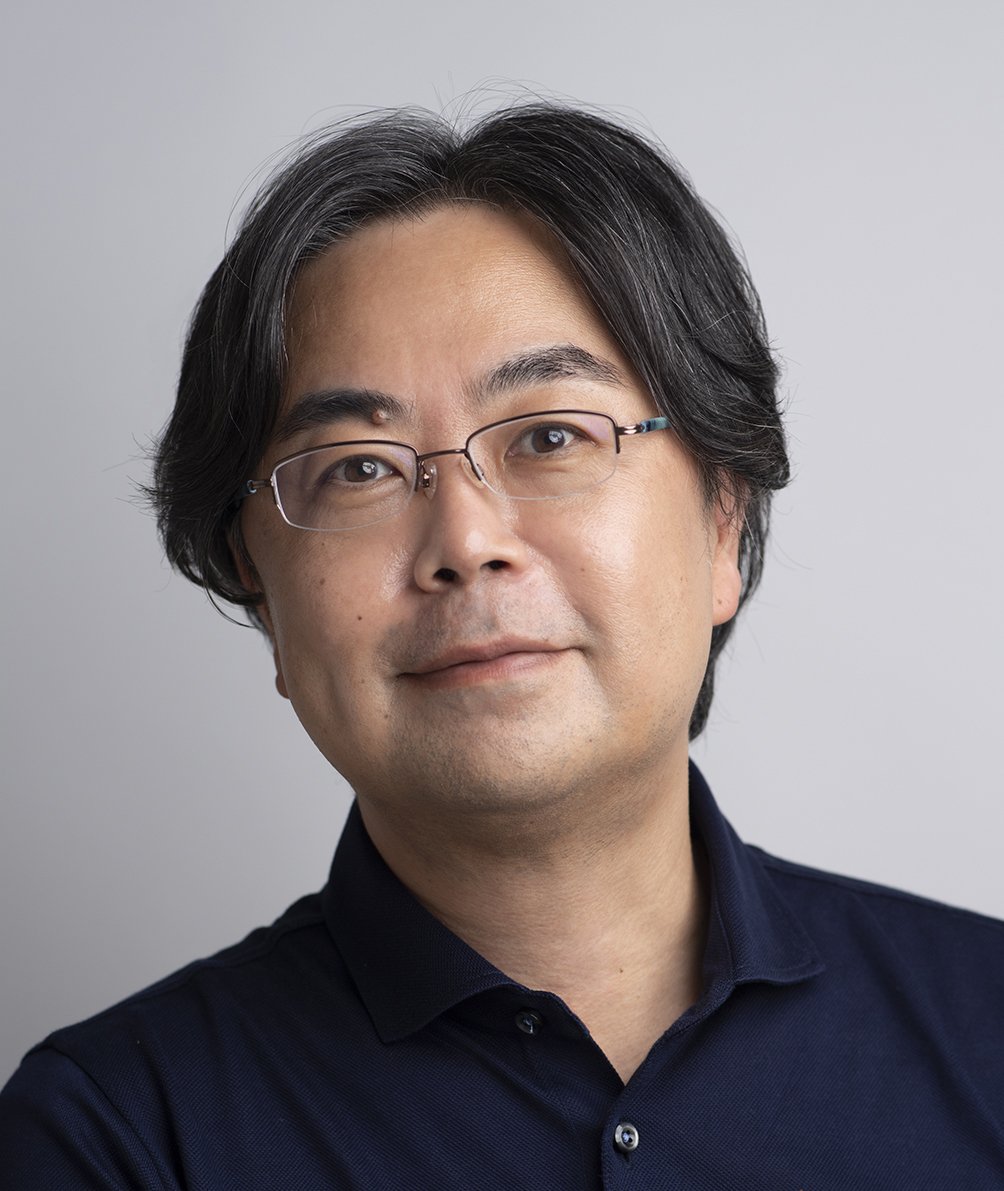 |
Prof. Daisuke Kihara - Full Professor, Purdue University, USA Daisuke Kihara is a full professor in the Department of Biological Sciences and the Department of Computer Science at Purdue University, West Lafayette, Indiana, USA. He received a B.S. degree from the University of Tokyo, Japan in 1994 and a Ph.D. degree from Kyoto University, Japan in 1999. After studying as a postdoctoral researcher he joined Purdue University in 2003 and was promoted to full professor in 2014. He has been working on algorithm and software development in broad topics in protein bioinformatics including molecular structure modeling from cryo-electron microscopy maps, protein-protein docking, protein tertiary structure prediction, protein function prediction, and computational drug design. He has published over 230 research articles. He was named a University Faculty Scholar by Purdue University in 2013. In 2021, he was elected as a AIMBE (The American Institute for Medical and Biological Engineering) Fellow. |
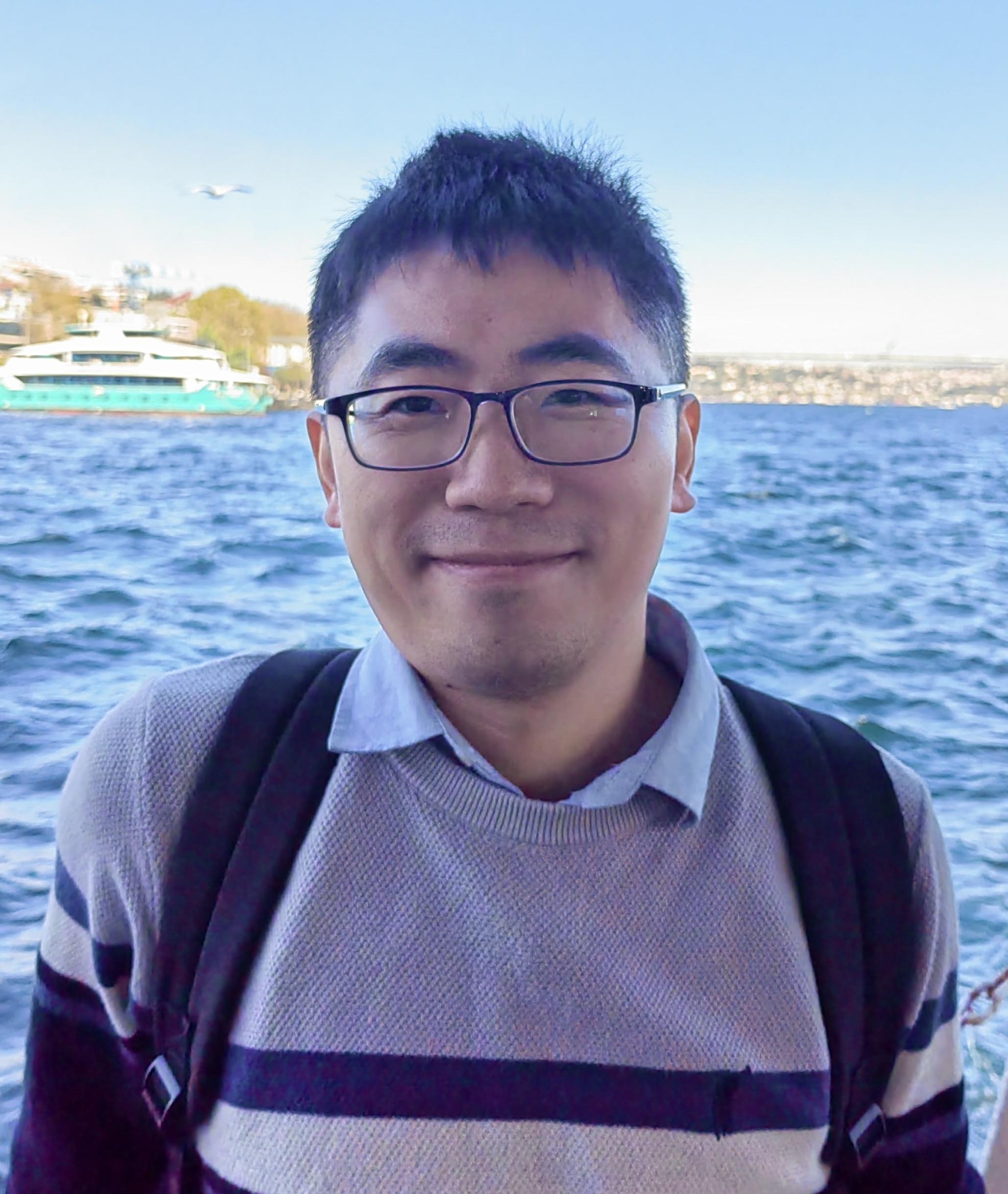 |
Dr. Pan Yuangang - Research Scientist of Centre for Frontier AI Research (CFAR), A*STAR, Singapore Yuangang Pan is currently a research scientist at Centre for Frontier AI Research (CFAR), Agency for Science, Technology and Research (A*STAR) Singapore. He received the A*STAR Career Development funding at 2022, got the CPAL Best Paper Award at 2024. He has authored or co-authored papers in various top journals, such as JMLR, IEEE TPAMI, IEEE TNNLS, IEEE TKDE, IEEE TIFS, MLJ, ACM TOIS and Hypertension. His current research interests include (Non)parametric Clustering, Generative AI, AI for Science & Healthcare. |
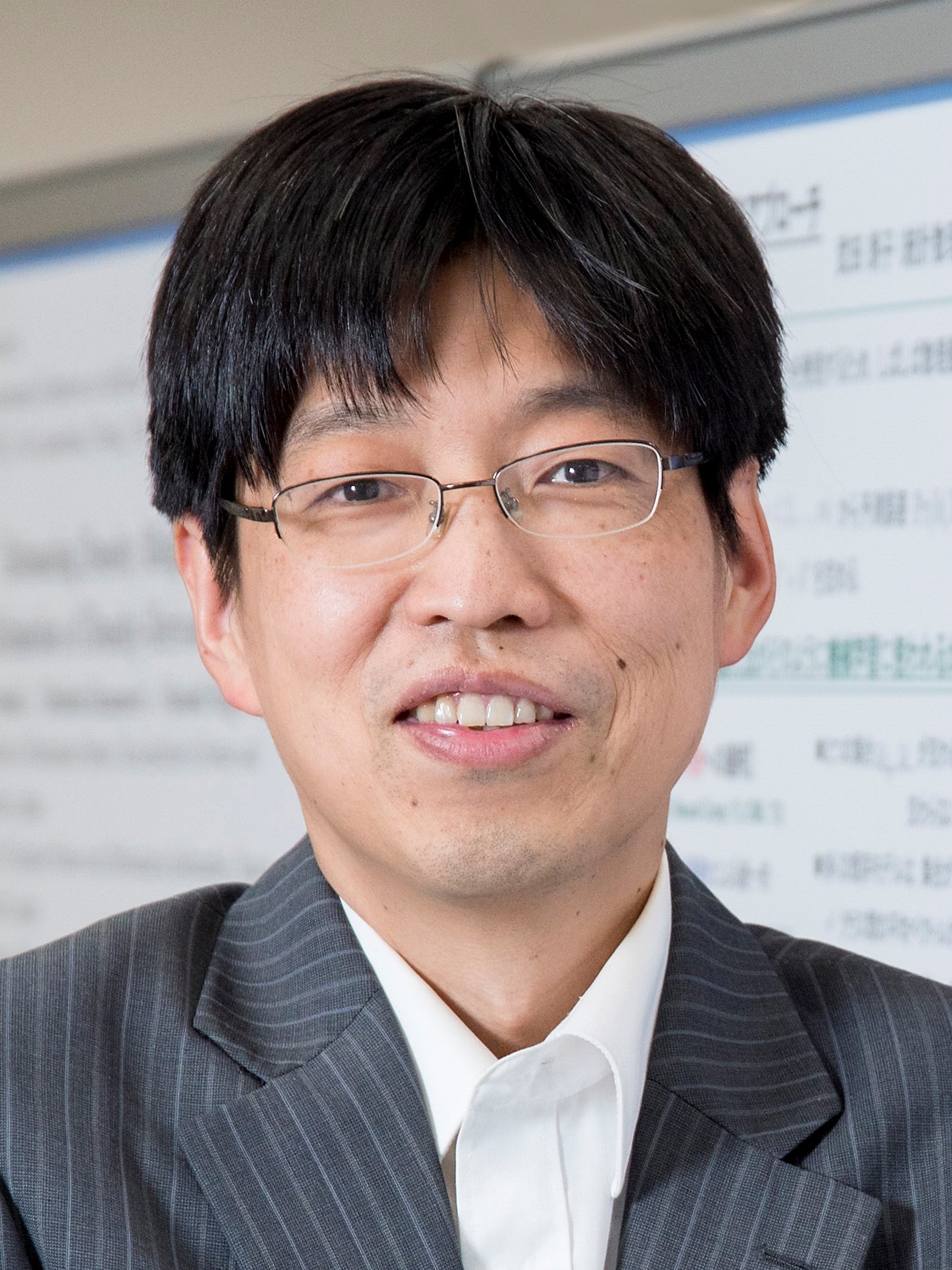 |
Prof. Koji Tsuda - Professor, The University of Tokyo, Japan Koji Tsuda received B.E., M.E., and Ph.D degrees from Kyoto University, Japan, in 1994, 1995, and 1998, respectively. Subsequently, he joined former Electrotechnical Laboratory (ETL), Tsukuba, Japan, as Research Scientist. When ETL was reorganized as AIST in 2001, he joined newly established Computational Biology Research Center, Tokyo, Japan. In 2000–2001, he worked at GMD FIRST in Berlin, Germany, as Visiting Scientist. In 2003–2004 and 2006–2008, he worked at Max Planck Institute for Biological Cybernetics, Tübingen, Germany, first as Research Scientist and later as Project Leader. Currently, he is Professor at Department of Computational Biology and Medical Sciences, Graduate School of Frontier Sciences, the University of Tokyo. He is also affiliated with National Institute of Material Science (NIMS) and RIKEN Center for Advanced Intelligence Project. His research background and current interests involve machine learning, computational biology and computational materials science. His recent works include the use of machine learning for automatic design of organic and inorganic materials and biopolymers such as peptides and proteins. |
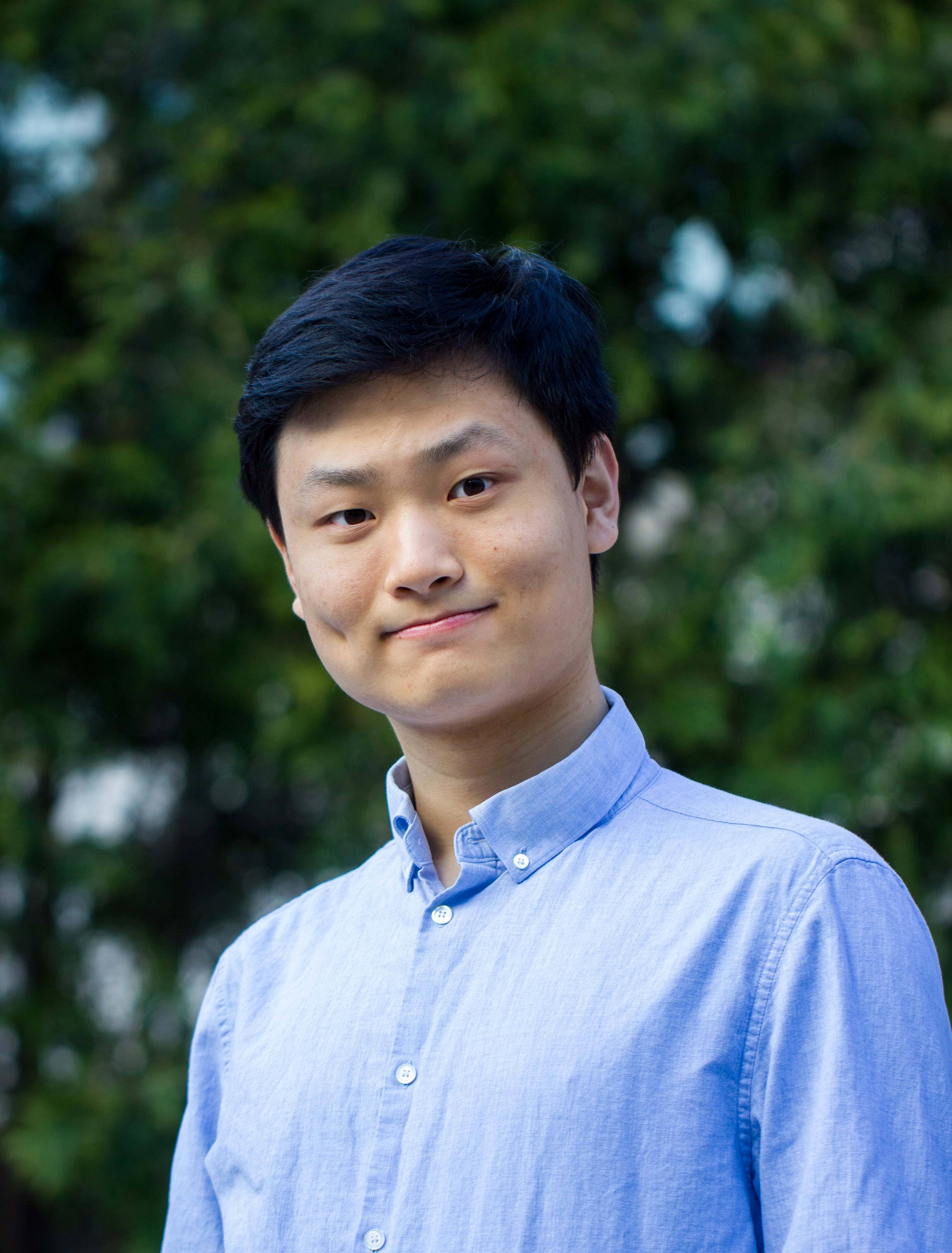 |
Dr. Chenghao Liu -Co-founder, Dreamfold, Canada Chenghao Liu is a co-founder of Dreamfold, a protein design start-up based in Montreal, Canada. He leads the scientific research of generative machine learning on biochemistry at Dreamfold. Chenghao is also a Vanier scholar at McGill University and Mila – Quebec AI Institute, where he has been studying machine learning and chemistry with Dr. Yoshua Bengio and Dr. Dmytro Perepichka. He has published numerous articles in top venues such as Nat. Chem., ICLR, J. Am. Chem. Soc., Angew. Chem. Int. Ed., and Nat. Commun. In the community, he is organizing the workshop ‘Integrating Generative and Experimental Perspectives for Biomolecular Design’ at ICLR 2024. |
お問い合わせ先
シンポジウム全般に関するお問い合わせ:M-aircsympo-ml [atmark] aist.go.jp
(電子メールでお願いいたします。)
(電子メールでお願いいたします。)

